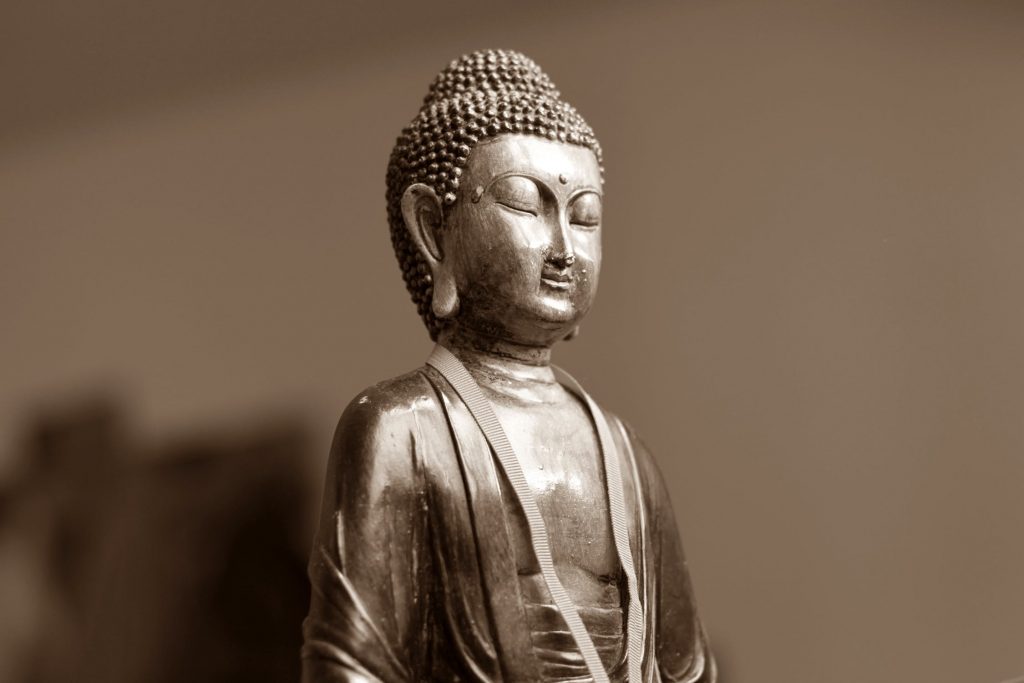When you hear the term “Buddhism,” the picture of a golden Buddha statue — perhaps near a water fountain — may spring up in your mind. Or maybe your first though may be a person sitting on a mat performing meditation. The truth is, there’s so much more to Buddhism than this, according to Buddhism expert Jonah Engler Silberman. Here’s a glimpse at what Buddhism truly means and how it affects your life whether you realize it or not.
What You Should Know about Buddhism
Siddhartha Gautama, or the Buddha, founded the religion of Buddhism in India over 2,500 years ago. As around 470 million people are professing Buddhists, scholars deem this religion to be one of the world’s major ones. This religion is most commonly practiced in Southeast and East Asia; however, its influence in the West is growing. This isn’t surprising considering that many Buddhist philosophies overlap with the ideas that other faiths emphasize.
Buddhism Types
Three types of Buddhism exist: Theravada Buddhism, Mahayana Buddhism, and Tibetan Buddhism. Theravada Buddhism is most prevalent in Burma, Laos, Cambodia, Sri Lanka, and Thailand. Meanwhile, you’ll find Mahayana Buddhism practiced mostly in Vietnam, Singapore, Korea, Taiwan, Japan, and China. Finally, Tibetan Buddhism is practiced mostly in Tibet as well as Northern India, certain areas of Russia, Bhutan, Mongolia, and Nepal.
The various types of Buddhism have their own slightly unique interpretations of the teachings of Buddha. In addition, some other Buddhism forms incorporate the ideas of other philosophies and religions — for instance, Taoism, which focuses on religious piety and humility.
Buddhism’s Importance Today
Buddhism matters today because the teachings of Buddha, called “dharma,” are a source of wisdom for the masses. The five major moral principles taught in Buddhism include not killing, stealing, engaging in sexual misconduct, using alcohol/drugs, and lying. However, in general, Buddha taught compassion, generosity, patience, and kindness as essential virtues, and these are virtues we can all benefit from adopting more passionately in modern society.
